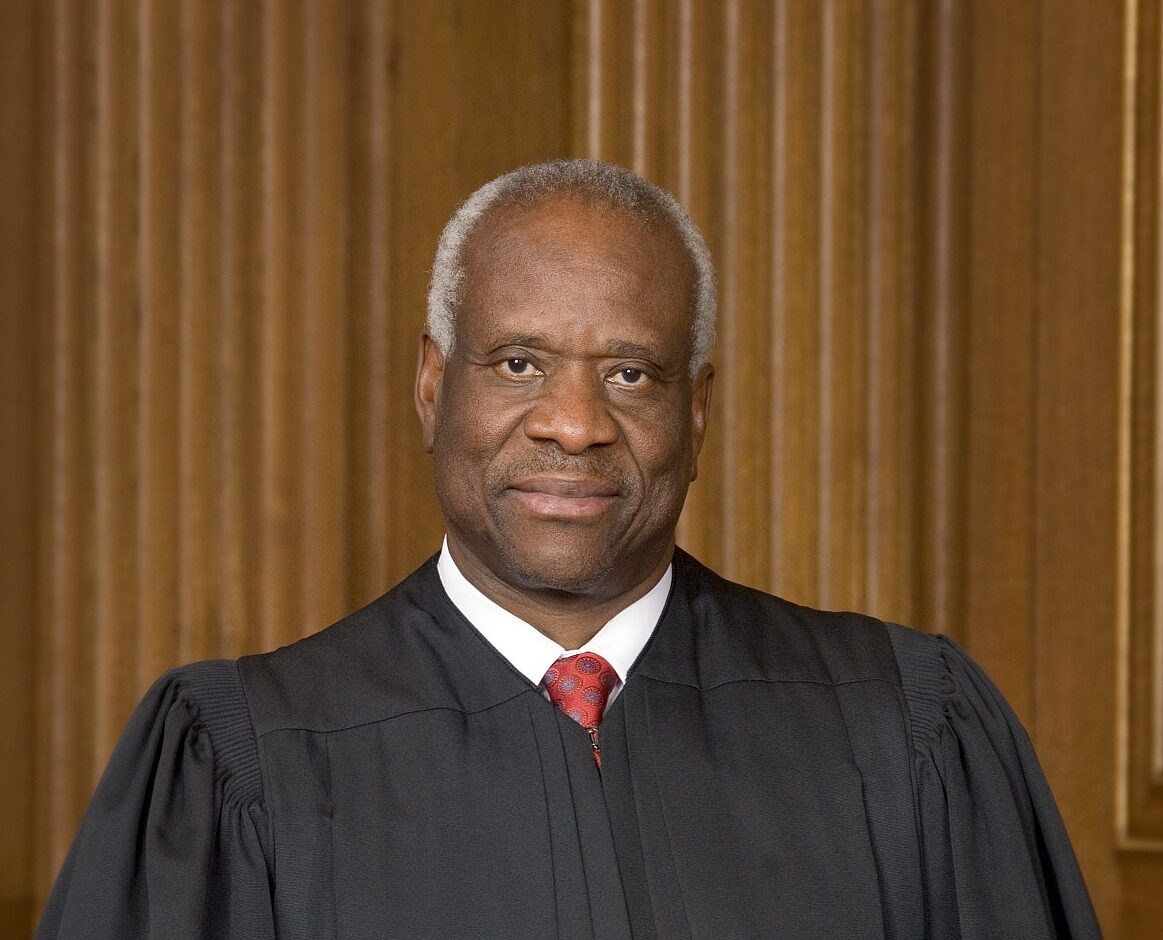Justice Clarence Thomas acknowledged our case against Grindr in a major statement this week, citing our theory that tech companies should not be immune from product liability and that CDA §230 immunity must be limited to content – not conduct.
In Thomas’ discussion of §230 he explains that courts have “departed from the most natural reading of the text by giving Internet companies immunity for their own content,” and discusses the many weird and weak ways in which §230 has been over-broadly interpreted.
“§230 now apparently protects companies who racially discriminate in removing content” he points out. “Consider also a recent decision granting full immunity to a company for recommending content by terrorists.”
“Courts also have extended §230 to protect companies from a broad array of traditional product-defect claims,” he explains, citing our case against Grindr. “One court granted immunity on a design-defect claim concerning a dating application that allegedly lacked basic safety features to prevent harassment and impersonation. Herrick v. Grindr LLC, 765 Fed. Appx. 586, 591 (CA2 2019), cert. denied, 589 U. S. —— (2019).”
As Carrie teed-up on Twitter, Grindr is far from the only case on our hands that proves §230 needs an urgent, drastic rethink:
SCOTUS is ready to narrow 230. “Without the benefit of briefing on the merits, we need not decide today the correct interpretation of §230. But in an appropriate case, it behooves us to do so.” It behooves us to deliver them up a good case. I got three on deck.
- Read the full SCOTUS statement here
- WTF is the CDA§230 blog
- Read more about Matthew Herrick V Grindr LLC here
- More on 230 and Herrick V Grindr in Carrie’s Lawfare Op-Ed
- A Man Sent 1,000 Men Expecting Sex And Drugs To His Ex-Boyfriend Using Grindr – Buzzfeed
- Read our FCC comment on Trump’s Executive Order, and the AELP’s reply, here
- Want to get involved? Check out #VICTIMSAGAINSTSECTION230




